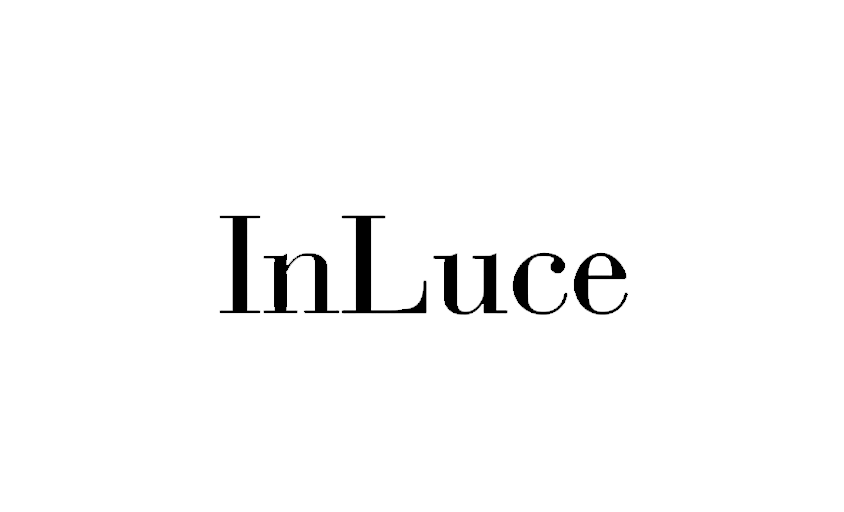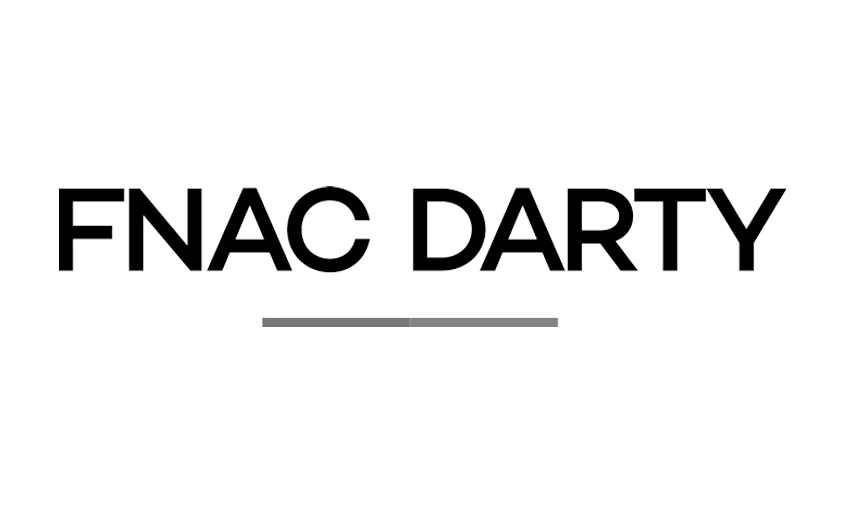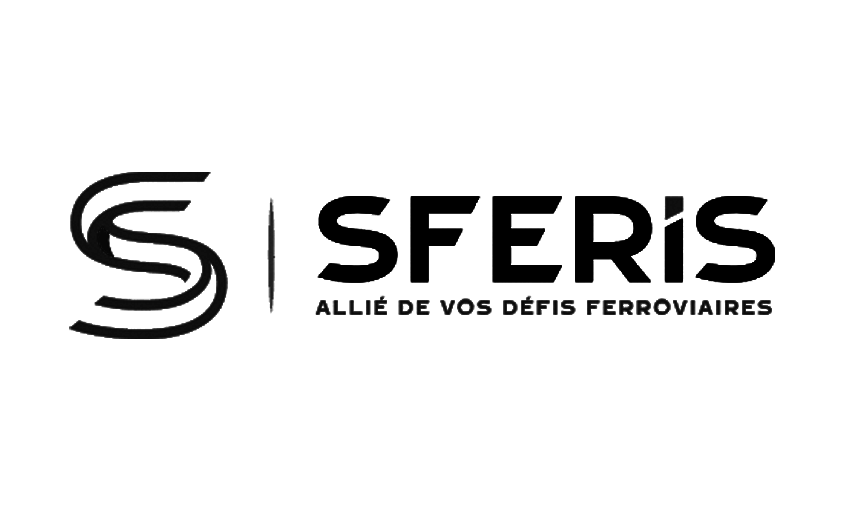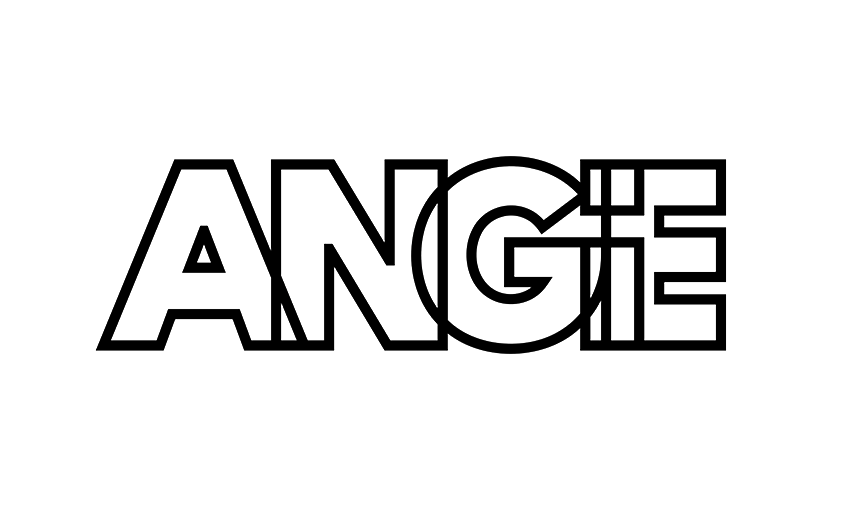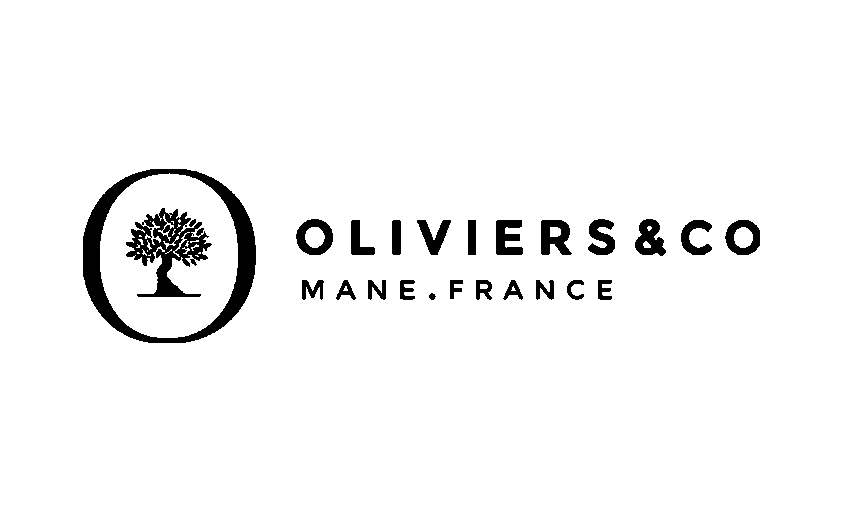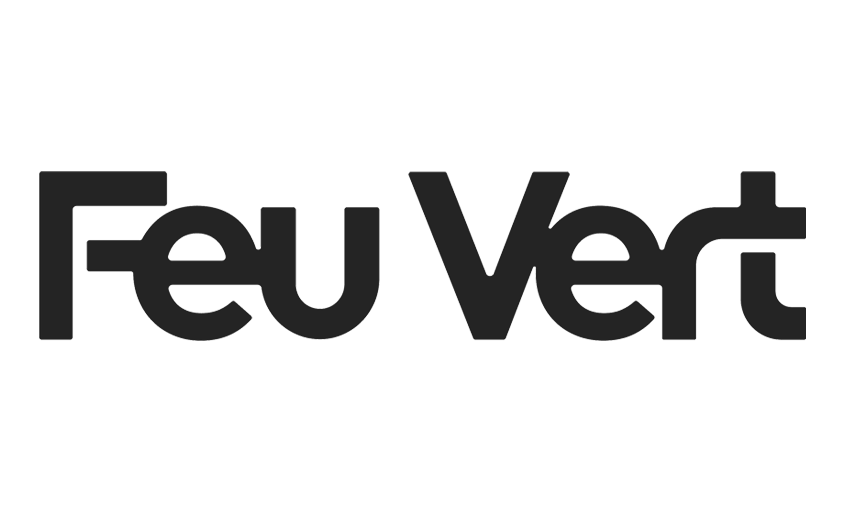Skills of a Photoshop Image Retoucher
In this article :
Mastery of Photoshop is at the heart of creating striking and refined images. To become an expert in this field, it is essential to acquire solid skills as a Photoshop image retoucher. This involves not only knowing the advanced features of the software but also developing an artistic sensitivity that can transform a raw photograph into a captivating visual masterpiece.
Technical Mastery and Essential Tools
Working in Photoshop relies on a deep understanding of key tools:
- Layer and Mask Management:
The ability to organize and manipulate layers allows for non-destructive editing, offering the flexibility to make targeted adjustments without compromising the original image. - Exposure and Tonality Adjustments:
Precisely adjusting light levels, tone curves, and contrast is crucial to balance highlights and shadows. These tools ensure a harmonious and dynamic result. - Color Correction:
Working on white balance and saturation ensures that colors faithfully reflect the artistic vision. These adjustments are vital for maintaining visual consistency across various mediums. - Advanced Techniques like Dodge & Burn and Cloning:
These methods help add depth to the image, enhance details, and subtly remove imperfections.
Each feature in Photoshop helps to shape the skills of a Photoshop image retoucher, which is measured as much by the technical mastery of the tools as by the artistic sensitivity applied to the work.
Beyond Photoshop
While Photoshop remains the undisputed leader in photo retouching, there is today a wide range of complementary tools that enhance the creative process:
- GIMP (GNU Image Manipulation Program)
This open-source tool provides a free alternative to Photoshop, offering a customizable interface and a wide array of features. GIMP is particularly appreciated by those who want to experiment without a major financial investment. - Affinity Photo
Growing in popularity, Affinity Photo stands out for its speed and ability to handle large files. It offers advanced retouching tools and an intuitive interface, making it accessible for both beginners and experienced users. - Corel PaintShop Pro
Another interesting alternative, PaintShop Pro combines comprehensive photo retouching tools with graphic design features, enabling a smooth integration between visual creation and image retouching.
Each of these tools offers specific features that can be leveraged depending on the project’s needs, providing valuable flexibility in a retoucher’s workflow. Using them alongside Photoshop broadens creative possibilities and adapts retouching to meet the diverse requirements of clients.
Future Perspectives
The world of photo retouching is constantly evolving, driven by technological advancements and innovation. Here are some future trends that could transform the profession of photo retoucher:
- Integration of Artificial Intelligence (AI):
AI algorithms are increasingly being integrated into retouching software to automate certain repetitive and complex tasks. These tools offer improved precision in detecting imperfections and correcting details, while still leaving the creative control in the hands of the user. - Collaborative Workflow:
Online retouching platforms and cloud-based tools now enable real-time collaboration between retouchers, photographers, and art directors. This interconnectedness promotes idea exchange and continuous improvement of retouching techniques. - New Interfaces and Usability:
The next generations of retouching software are expected to offer even more intuitive interfaces, making advanced features more accessible without requiring a steep learning curve. This evolution will make retouching accessible to a wider audience while maintaining high professional standards. - Artistic and Hybrid Evolutions:
The fusion of traditional and digital techniques, especially the integration of 3D elements into the retouching process, opens up new creative possibilities. These hybrid approaches allow for a complete rethinking of how images are transformed, resulting in visually rich works with unprecedented depth.
Conclusion
Mastering retouching tools, particularly the skills of a Photoshop image retoucher, is crucial for transforming each image into a striking visual masterpiece. While Photoshop remains the undisputed leader, exploring other retouching tools offers additional creative possibilities, enriching the post-production process.
The future of photo retouching, particularly with the integration of artificial intelligence and new collaborative interfaces, promises to redefine industry standards and pave the way for even more uninhibited creativity.
Jérémy Carlo is the editorial director at Rétines, where he ensures the consistency and clarity of all content produced by the studio.
Our Clients
Let’s discuss
What we do for you at Rétines
Meticulous work, an organised project and fast delivery. And to achieve this, we mobilise the right resources in our teams at the right time.
01
Pre-production
Artistic and technical direction tailored to the project.
Relevant recommendations on content, form and resources.
02
Photo Shooting
Photos taken by our experienced photographers.
Production that’s controlled, efficient and tailored to the needs of the project, with nothing superfluous.
03
Retouching
Technique
Photographs magnified by our retouching team.
Post-production to meet the commercial challenges of the brief.

